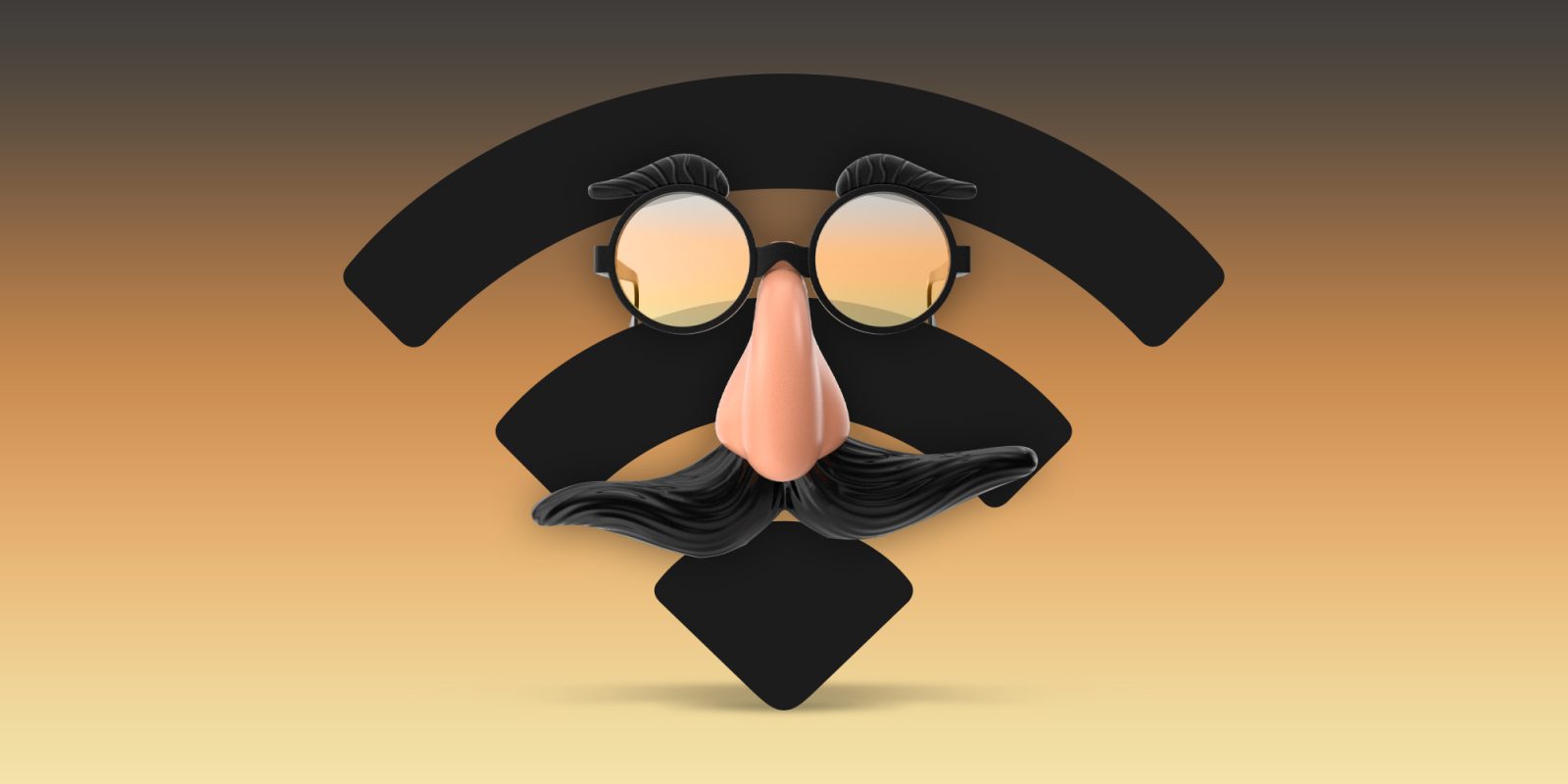
Juice jacking popped into the mainstream consciousness this month as the FBI shared a warning to avoid public device charging to protect against the rise of malicious cables. While juice jacking can severely compromise devices, one security expert is raising awareness of a more common – but usually less critical threat – fake public WiFi connections.
Juice jacking has been happening for years now, but the FBI apparently feels the risk is high enough in malls, hotels, and airports that its latest advice is to avoid public charging stations altogether.
It’s also easy to prevent with a bit of planning, just use your own charger/cable and a wall outlet or portable battery or battery case when you’re in public places.
Even though juice jacking can do serious harm like attackers compromising data or even tracking victims’ locations, Candid Wuest, VP of Global Research at Acronis sees fake public WiFi networks as the greater risk. Here’s what he shared with 9to5Mac:
“Juice jacking attacks against smartphones can lead to more severe compromises, but the likelihood of them happening is much smaller compared to coming across rogue WiFi access points. Yes, attacks are possible, but they are not easy to conduct. Fake WiFis are quite popular, which might reveal credentials on unencrypted services or websites, e.g., POP3 email client on your phone. Even though most apps are encrypted with TLS, it still happens. Of course, it could also allow strangers to snoop on what you browse, which is less critical but still annoying. While on shared WiFi, there is the risk that someone will attack your device directly if it is not patched.”
Wuest brings up a good point, it’s easy to thoughtlessly jump onto a public WiFi network to get faster download speeds or a connection when service indoors is poor or not available.
Fortunately, public WiFi attacks are easy to prevent just like juice jacking, but it takes some awareness and maybe some habit changes.
For more on that, we’ve got a guide on how to turn off iPhone WiFi auto-join including how to check for known public and carrier networks that can be less secure.
How about you? Have you stopped using public WiFi or do you still use it? Share your thoughts in the comments!
FTC: We use income earning auto affiliate links. More.





Comments